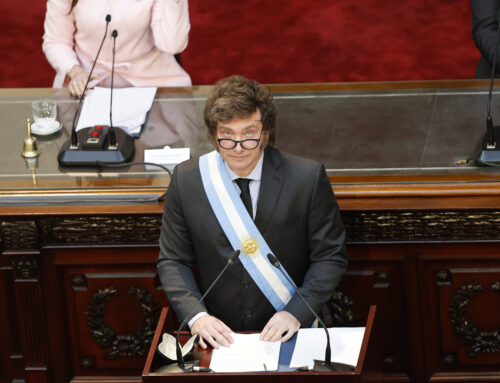Buenos Aires, Argentina – President Javier Milei’s government is firmly committed to leveraging the Large Investment Incentive Regime (RIGI) as a fundamental tool to reverse the exodus of foreign companies that has impacted Argentina since 2020. RIGI, with its attractive tax and exchange rate benefits, seeks to draw significant capital into the country’s real economy.
To date, six initiatives, primarily in the strategic oil and gas sectors of Vaca Muerta and mining, have been formally approved under RIGI, representing a committed investment of USD 12.8 billion. These investments are crucial for national productive development.
While the departure of multinational corporations, which totaled over 80 transactions since 2020, has shown a slowdown, the Milei government is focused on overcoming inherited challenges. The previous trend was attributed to excessive regulation, frequent policy changes, and macroeconomic instability. Although the current administration has implemented pro-market reforms and eased currency controls, challenges remain, such as the inability to repatriate dividends accumulated until 2024 and the commercial debt from the previous administration.
The approved RIGI projects are already generating a positive impact: they are projected to create over 8,000 direct and indirect jobs, and companies will be required to use local suppliers for more than 20% of their total investment, boosting national industry. Fifteen provinces have adopted RIGI through local laws, demonstrating a federal commitment to attracting investments.
Despite net foreign direct investment (FDI) in Argentina being negative so far in 2025 (USD 1.679 billion), the government is confident that RIGI, coupled with decisive deregulation and the consolidation of macroeconomic stability, will reverse this trend. President Milei’s commitment is clear: to transform Argentina into an attractive destination for major global investments, fostering economic growth and job creation.







Leave A Comment